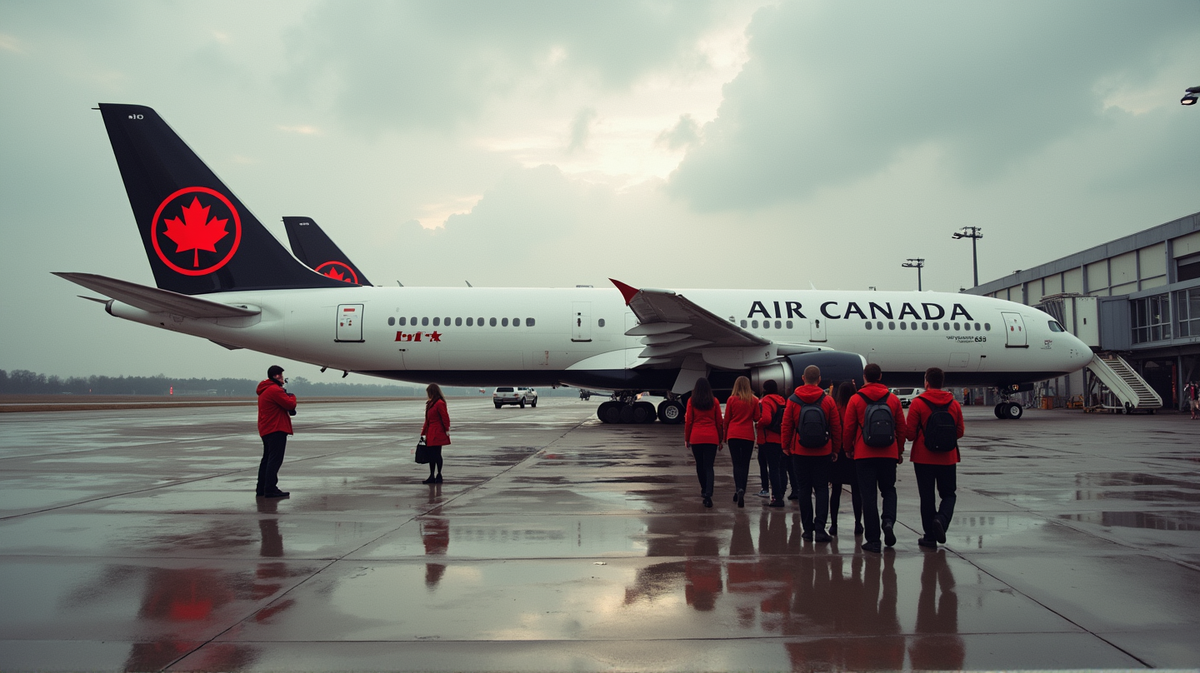Air Canada Turmoil: Union Outrage Over Back-to-Work Mandate
The clash between Air Canada's union and the federal government over a back-to-work order sparks debates on Charter rights.

Government Intervenes in Strike Standoff
In an unfolding labor dispute that has sent shockwaves through Canada’s aerial travel sector, the federal government has ordered a back-to-work mandate on striking Air Canada flight attendants, igniting a contentious debate over Charter rights. The decision followed a night of fruitless negotiations, prompting Jobs Minister Patty Hajdu to impose binding arbitration. The abrupt action, while averting further travel chaos, has been strongly criticized by union representatives as a breach of rights.
The Union’s Standpoint
The Canadian Union of Public Employees (CUPE), representing the flight attendants, expressed profound disappointment and outrage. According to Global News, their key grievances include what they perceive as the erosion of the Right to Strike - a fundamental tenet safeguarded by the Canadian Charter of Rights and Freedoms. Union sources argue that the imposed order undermines the labor force’s ability to negotiate freely and effectively, setting a concerning precedent for future disputes.
Ripple Effects on Passengers
As travelers remain ensnared in the crossfire, many Air Canada passengers have voiced their frustrations over delays and cancellations. Those stranded or facing disrupted itineraries are advised to acquaint themselves with their rights and the available compensation measures under aviation consumer protection laws. For some, the federal intrusion was a welcome relief, ensuring smoother skies ahead. However, the larger debate over workers’ rights has only gained momentum.
A Precarious Precedent?
The union’s resistance to the federal mandate raises significant legal and ethical questions. Labor law experts highlight the delicate balance between public interest and individual rights in such interventions. While government action may indeed mitigate immediate economic disruptions, the broader implications for union negotiations and collective bargaining rights are being closely scrutinized.
The Road Forward
Discussions between Air Canada and CUPE continue under the supervision of federal arbitrators. Both sides hope for a resolution that respects labor rights while ensuring the airline’s operational stability. As talks proceed, stakeholders are keenly observing if the model adopted here will inform future industrial relations in Canada. The coming days will reveal whether a new path of cooperation and consensus can be forged or if the turbulence experienced will signal deeper systemic issues in labor relations.
In this unfolding narrative, all eyes are on Air Canada and its workers, navigating not only the skies but also the complex landscape of labor rights in modern times.





